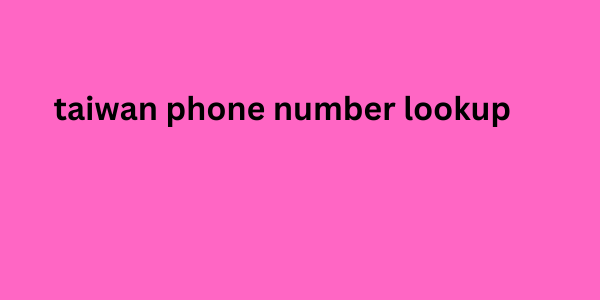Remember that your project will continue its life in the real world and taiwan phone number lookup will fight for the love of the consumer in the conditions of tough competition.
Think about how your packaging will look on the shelf in the store among the huge assortment. The development of the packaging design should take into account the fact that the product will be held in hands, brought home, and then thrown away. Successful design is unthinkable without context.

This law is used to determine the optimal size of objects placed on the site and the distance between them. You need to focus on the mouse click. It is easiest to hit large elements located close to each other.
For example, let's look at a standard product card. The "Buy" button usually looks and is positioned so that the user, firstly, definitely sees it (it should be large and bright), and secondly, wants to click it (it comes immediately after the product description).
To illustrate the reverse action, let's take a small cross in a pop-up advertising banner. You want to get rid of it, close it as soon as possible, but it's not easy to do. Usually the "cross" is so small and unnoticeable that the user is forced to watch the commercial almost to the end in search of the right button.
Zeigarnik effect
When talking about psychology in design, it is impossible not to recall Blume Zeigarnik, who discovered an amazing effect: simple, but at the same time working in different situations. It can be formulated as follows: we most easily remember what is incomplete, looks unfinished.
This effect has been adopted by UX designers, for example, by making the registration process on the site step-by-step. The user, moving from stage to stage, sees that the process is not complete, and strives to complete it. This effect is also often used in logo development - such logos make you think and are better remembered.
Usability aesthetics
In order for a user to want to stay on a website, the appearance of its interface must be aesthetically pleasing. This effect is called "usability aesthetics." It was discovered in 1995 by Japanese researchers Kurosu and Kashimura, who proved that aesthetics in website design is no less important than its functionality.
A beautiful product is perceived by the user as more convenient. Such a site inspires more trust than one that looks like it was "drawn on the knee". An aesthetically pleasing visual tells users about the premium and reliability of the product, its exceptional quality (for example, the interface of the Bork site distinguishes the brand from other manufacturers of household appliances).
Let us become your ally in creating a successful website.
Write to us to find out the terms and cost
Cases by sites
Write to us